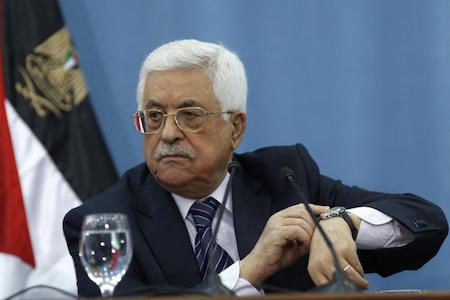 Donald Trump’s latest post on his account, in which he presents his vision to transform and reconstruct Gaza into a Riviera by displacing 2.1 million Palestinians, absurd as it may seem, unravels two distinct assumptions: first, it is merely an indifferent contribution to a puzzling situation that has remained unresolved since the beginning of the previous century; and second, it is yet another proposition that excludes one of the key variables in the equation: the Palestinians.
Donald Trump’s latest post on his account, in which he presents his vision to transform and reconstruct Gaza into a Riviera by displacing 2.1 million Palestinians, absurd as it may seem, unravels two distinct assumptions: first, it is merely an indifferent contribution to a puzzling situation that has remained unresolved since the beginning of the previous century; and second, it is yet another proposition that excludes one of the key variables in the equation: the Palestinians.
 This article examines China's evolving role in the Middle East, focusing not only on its economic expansion but also on energy security and strategic diplomatic efforts. Through trade, infrastructure investments, and technological collaboration, China has deepened its influence in the region, while maintaining a policy of non-interference. China’s response to the Israeli-Palestinian conflict and its competition with the U.S. are also vital factors in shaping its approach. The article explores the challenges and opportunities China faces in balancing economic engagement with geopolitical pragmatism.
This article examines China's evolving role in the Middle East, focusing not only on its economic expansion but also on energy security and strategic diplomatic efforts. Through trade, infrastructure investments, and technological collaboration, China has deepened its influence in the region, while maintaining a policy of non-interference. China’s response to the Israeli-Palestinian conflict and its competition with the U.S. are also vital factors in shaping its approach. The article explores the challenges and opportunities China faces in balancing economic engagement with geopolitical pragmatism.
 Israel’s normalizing relations with various Arab countries brought the Palestinians once again before the bitter realization that time is working against them. It appears that this realization triggered a process of reconciliation among the Palestinians. Yet, will these efforts suffice to influence the course of the Palestinian Question within a rapidly changing regional environment?
Israel’s normalizing relations with various Arab countries brought the Palestinians once again before the bitter realization that time is working against them. It appears that this realization triggered a process of reconciliation among the Palestinians. Yet, will these efforts suffice to influence the course of the Palestinian Question within a rapidly changing regional environment?
 Among the promises the U.S. President Donald J. Trump has made is the formulation of a plan to resolve the Israeli-Palestinian issue. To that end, the task was assigned to Jared Kushner, senior adviser to the White House and his son-in law.[1] However, the details of the plan known as the “Deal of the Century” are yet to be released. In the meantime, recent developments, generated by the actions taken by the U.S. administration and their implications on the both Israel and Palestine need to be taken seriously into consideration, as they directly influence the already fragile situation on the ground.
Among the promises the U.S. President Donald J. Trump has made is the formulation of a plan to resolve the Israeli-Palestinian issue. To that end, the task was assigned to Jared Kushner, senior adviser to the White House and his son-in law.[1] However, the details of the plan known as the “Deal of the Century” are yet to be released. In the meantime, recent developments, generated by the actions taken by the U.S. administration and their implications on the both Israel and Palestine need to be taken seriously into consideration, as they directly influence the already fragile situation on the ground.
Το Κέντρο Μεσογειακών,Μεσανατολικών και Ισλαμικών Σπουδών φιλοξενεί πληθώρα διαφορετικών απόψεων στα πλαίσια του ελεύθερου ακαδημαϊκού διαλόγου. Οι απόψεις αυτές δεν αντανακλούν υποχρεωτικά τις απόψεις του Κέντρου. Η χρήση και αναπαραγωγή οπτικοακουστικού υλικού για τις ανάγκες της ιστοσελίδας του ΚΕΜΜΙΣ γίνεται για ενημερωτικούς, ακαδημαϊκούς και μη κερδοσκοπικούς σκοπούς κατά τα προβλεπόμενα του Νόμου 2121/1993 (ΦΕΚ Α' 25/4-3-1993) περί της προστασίας της πνευματικής ιδιοκτησίας, καθώς και του άρ.8 του Νόμου 2557/1997 (ΦΕΚ Α' 271/1997).

